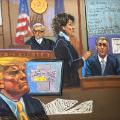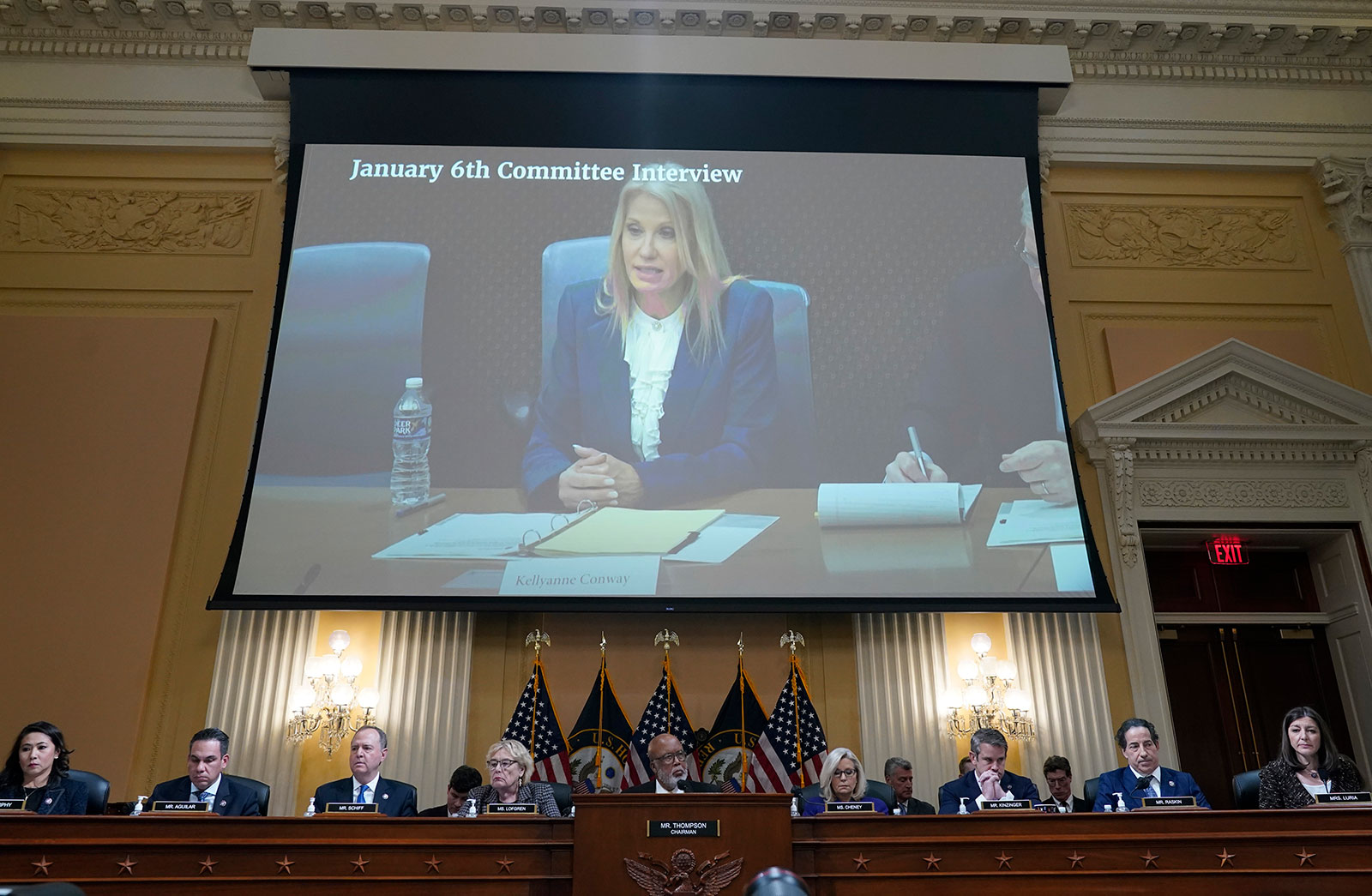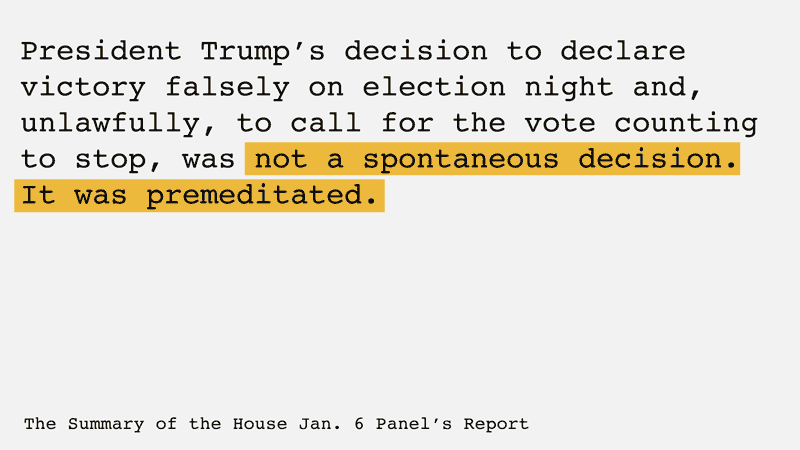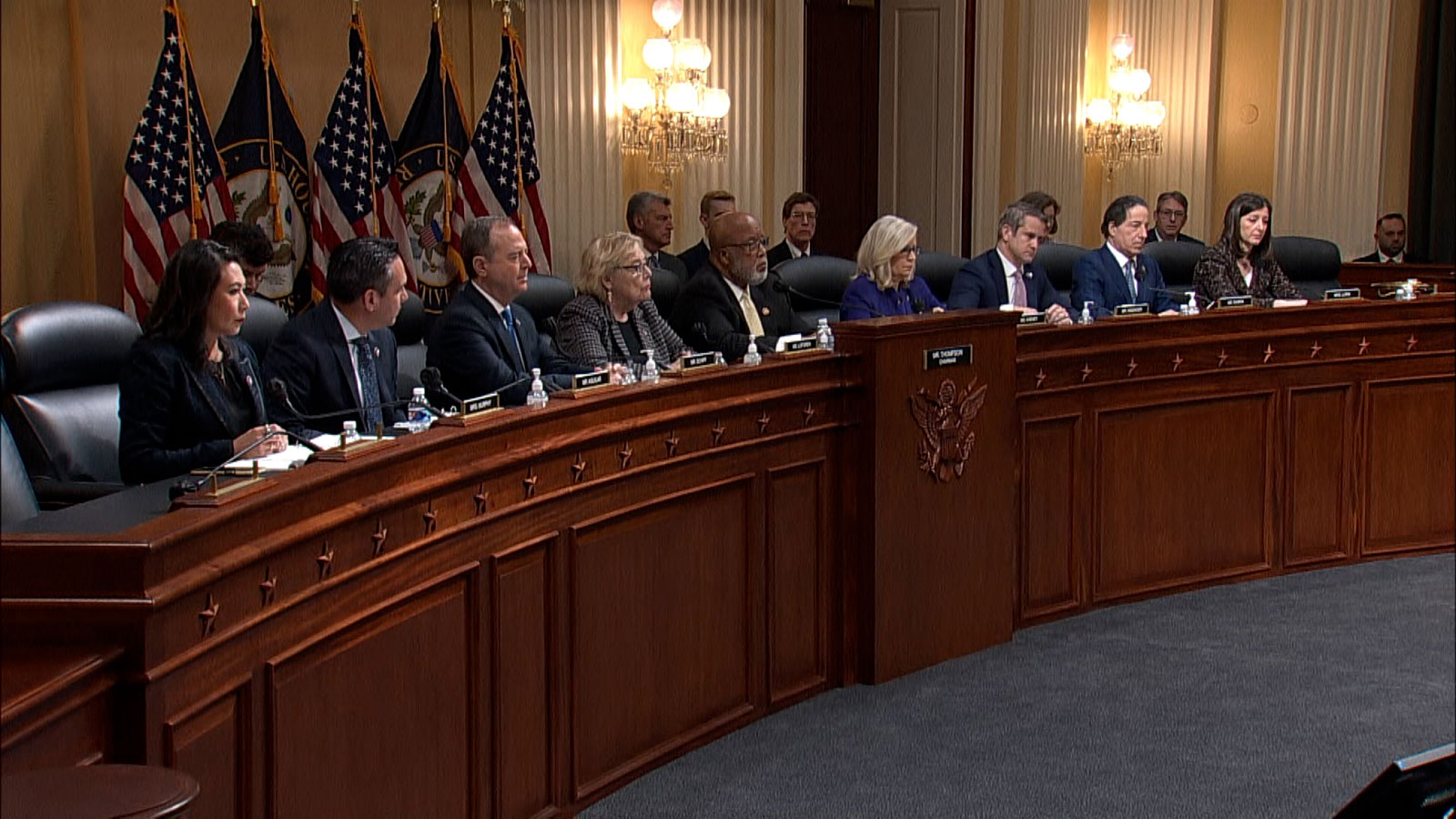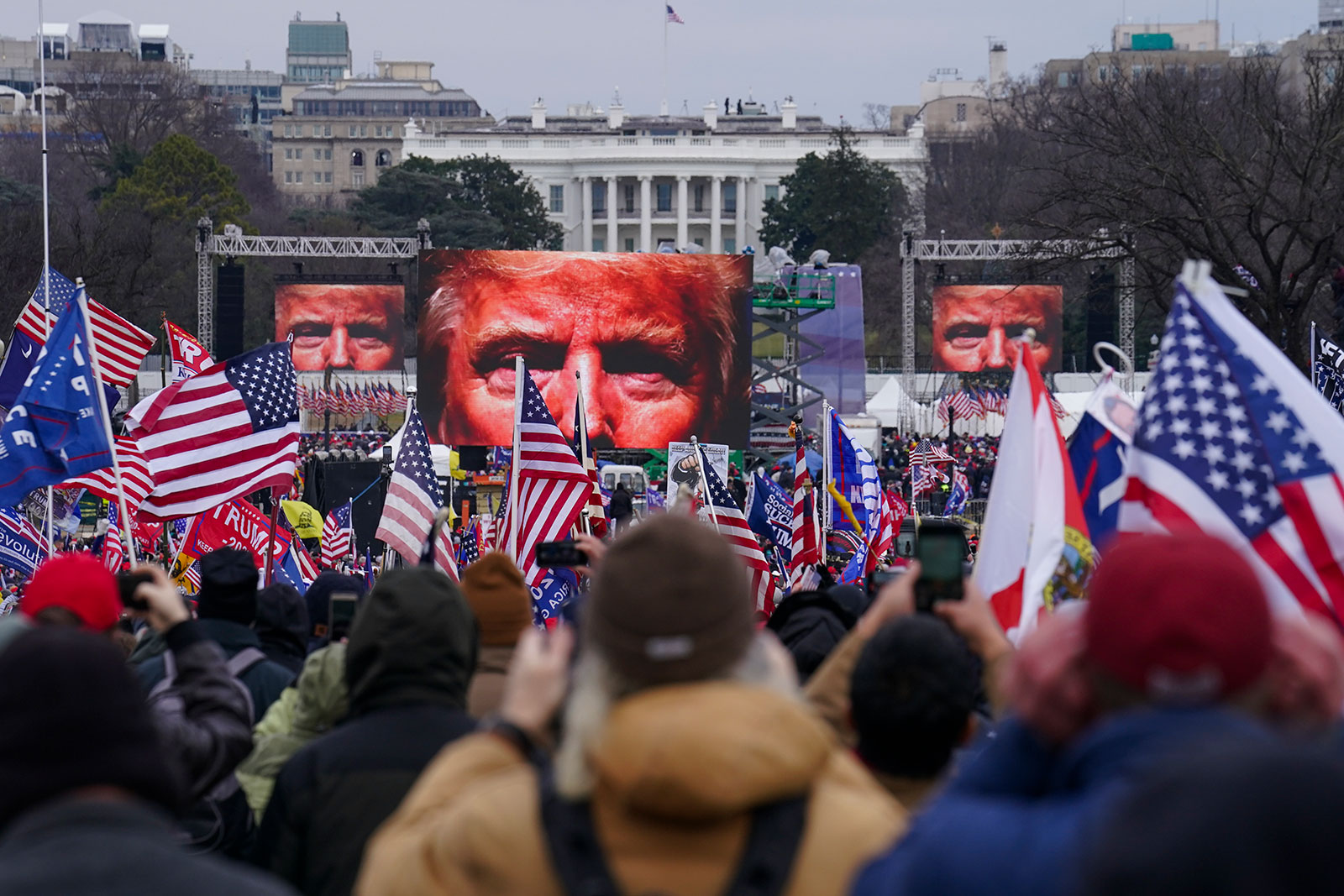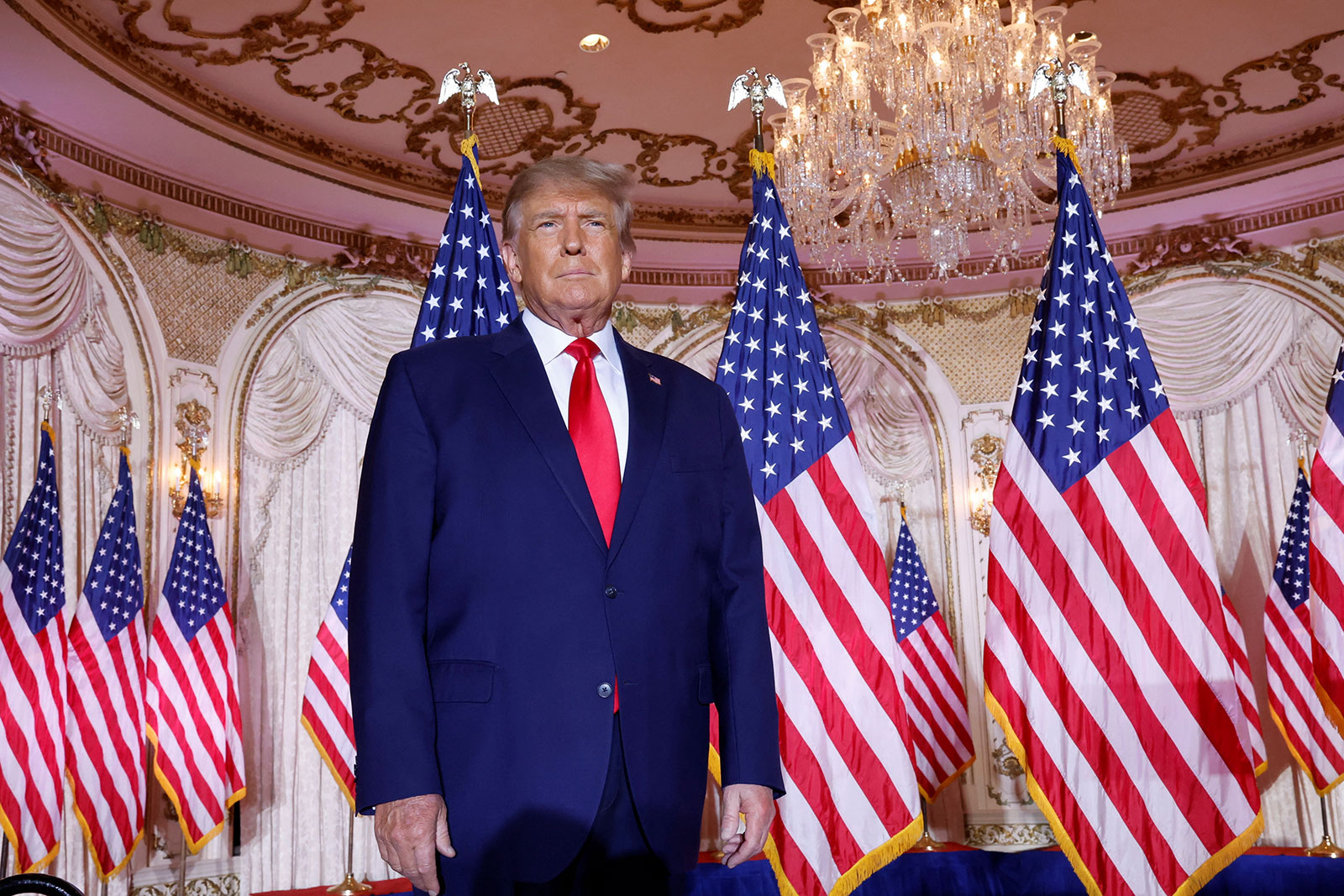
Jan. 6 committee chair Rep. Bennie Thompson said the evidence that supports the panel's decision to refer former President Donald Trump to the Justice Department for several criminal charges is "clear," adding that he is "convinced" that the DOJ will ultimately charge Trump.
"The committee looked at it long and hard, and from my vantage point, we couldn't do anything except make the referral," Thompson told CNN after Monday's meeting, acknowledging the unprecedented nature of the referral.
"It was clear in the evaluation of the evidence uncovered by our committee that those actions taken by the president... former President Trump, clearly created a problem for this country," he added.
The committee also voted to approve its final report which will be released to the public Wednesday. That report will contain most of the evidence from the 17-month long investigation — including full transcripts from more than 1,000 interviews.
"We think it's important for the Justice Department to look at that body of information that we put together," he said.
"I'm convinced that now that our committee has released our information, they will take the information that we've shared with them and proceed with the investigation," Thompson said referring to the ongoing DOJ investigation into Trump. "I have no doubt that once the investigation proceeds and is concluded, if the evidence is as we presented it, I'm convinced the Justice Department will charge former President Trump. No one — including a former president — is above the law."
Watch:


